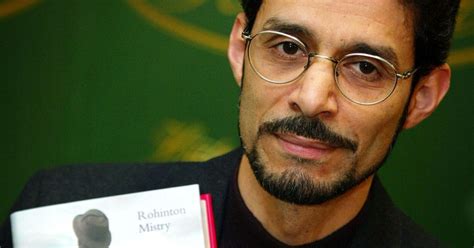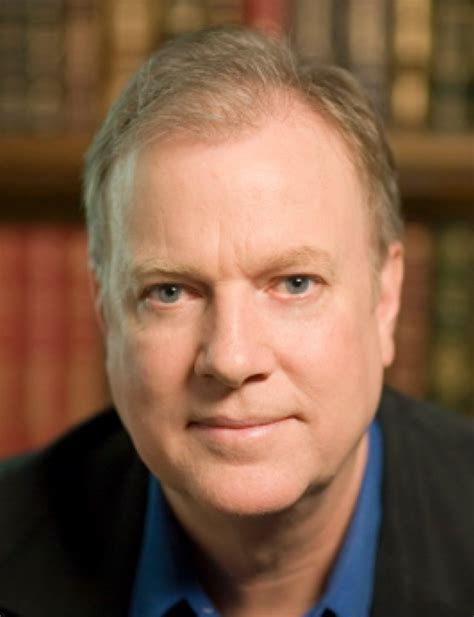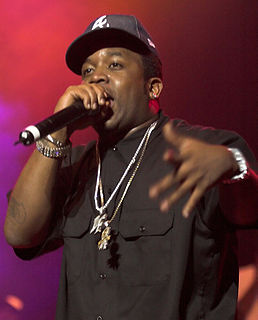A Quote by Karin Tidbeck
What I do with the story itself varies of course, but what I want to do is to present the world so that the reader can access it without tripping over the details.
Related Quotes
The devil's in the details. The way I view my job is to bring the reader into a world they otherwise could not enter and let them see it through the character's eyes. And you can only do that with detail. The details make the characters distinct from one another. If you can give them those little grace notes, those little touches, that's what makes the reader relate.
A world without right or wrong was a world that did not want itself, anything other than itself, or anything not those two things, but that still wanted something. A world without right or wrong invited you over, complained about you, and gave you cookies. Don't leave, it said, and gave you a vegan cookie. It avoided eye contact, but touched your knee sometimes. It was the world without right or wrong. It didn't have any meaning. It just wanted a little meaning.
Everyone underestimates their own life. Funny thing is, in the end, all our stories...they're the same. In fact, no matter where you go in the world, there is only one important story: of youth, loss and yearning for redemption. So we tell the same story, over and over. Only the details are different.
How can we satisfy ourselves without going on in infinitum? And, after all, what satisfaction is there in that infinite progression? Let us remember the story of the Indian philosopher and his elephant. It was never more applicable than to the present subject. If the material world rests upon a similar ideal world, this ideal world must rest upon some other; and so on, without end. It were better, therefore, never to look beyond the present material world.
Characters who are absolutely sure about what they do, who plunge ahead without fear, are not that interesting. We don’t go through life that way. In reality, we have doubts just like everyone else.
Bringing your Lead’s doubts to the surface in your plot pulls the reader deeper into the story, and this is an excellent way to coax the reader to lose himself in the story world you’re about to create.
If it were possible adequately to present the whole of a culture, stressing every aspect exactly as appears in the culture itself, no single detail would appear bizarre or strange or arbitrary to the reader, but rather the details would all appear natural and reasonable as they do to the natives who have lived all their lives within the culture.
The elements of a good story are most definitely details, little bitty details. That does it, especially when you're describing, when you're setting the scene and everything. It's like you're painting a picture, so details are very important. Also, the music gotta be right. The music can really set the tone for the story and let you know what the story is gonna be about, but definitely, it's the vibe in the place where you at and the detail.
Well, I don't ever leave out details, in that I don't come up with information or description which I don't then use. I only ever come up with what seems to me absolutely essential to make the story work. I'm not usually an overwriter. As I revise, it's usually a matter of adding in as much vivid details as seem necessary to make the story come clear without slowing down the momentum of the story.



































